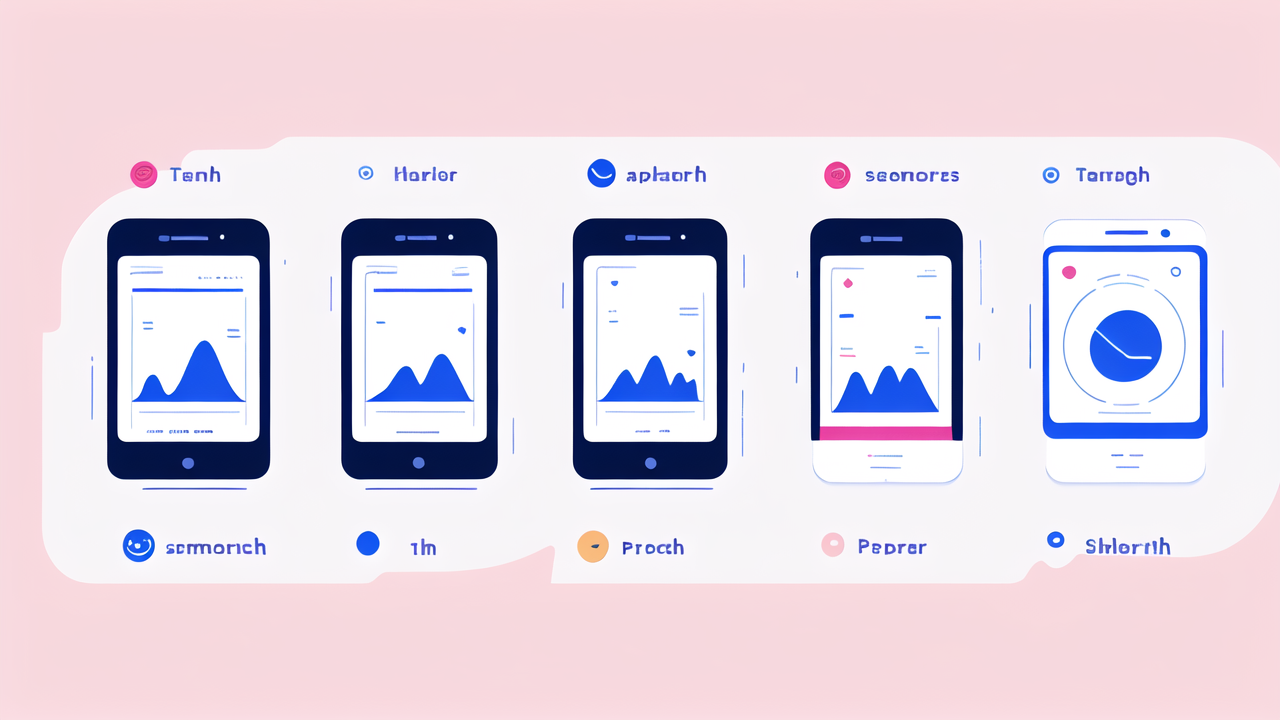Understanding the Role of Smart Watches in Health and Wellness
The Evolution of Wearable Technology in Health Care
Wearable tech has come a long way in healthcare. It started with simple step counters. Now, we have smart watches that can track our health in many ways. These devices have become more accurate and user-friendly over time.

Early wearables could only count steps and estimate calories burned. Today's smart watches can measure heart rate, blood oxygen levels, and even detect falls. Some can even take ECG readings. This progress has made them valuable tools for health monitoring.
The growth of wearable tech has been rapid. It's now a big part of the health tech industry. Many people use these devices to track their fitness and overall health daily. This trend is likely to continue as the technology improves even more.
How Smart Watches Can Serve as Personal Health Assistants
Smart watches are like having a health coach on your wrist. They can track your daily activities and give you real-time feedback. This helps you make better choices for your health throughout the day.
These devices can remind you to move if you've been sitting too long. They can also track your sleep patterns and suggest ways to improve your rest. Some even offer guided breathing exercises to help manage stress.
Many smart watches can sync with your phone to show notifications. This means you can get health reminders and tips without checking your phone. It's a convenient way to stay on top of your health goals.
Key Health and Wellness Features of Top Smartwatches
Top smartwatches offer a range of health features. Here are some of the most common and useful ones:
- Heart rate monitoring
- Step counting and distance tracking
- Sleep tracking
- Stress level monitoring
- Blood oxygen level measurement
- Menstrual cycle tracking for women
- Fall detection and emergency alerts
Some advanced models can even measure your ECG or detect irregular heart rhythms. These features can help you spot potential health issues early. Always remember to consult with a doctor for any health concerns.
Evaluating the Best Health Monitors in the United States
Criteria for Selecting Health-Focused Smartwatches
When choosing a health-focused smartwatch, consider these factors:

- Accuracy of health measurements
- Battery life
- Comfort and design
- Water resistance
- Compatibility with your smartphone
- Range of health features offered
- User interface and ease of use
- Price and value for money
Look for watches that have been tested for accuracy. Read reviews from both experts and users. Think about which features are most important for your health goals. A watch with many features isn't always the best choice if you won't use them all.
Reviewing the Top Health Monitor Smartwatches on the Market
Several smartwatches stand out for their health monitoring features. The Apple Watch Series 6 and 7 are known for their comprehensive health tracking. They offer features like ECG, blood oxygen monitoring, and fall detection.
Fitbit's Sense and Versa 3 models are also popular choices. They offer stress management tools and detailed sleep analysis. The Garmin Venu 2 is great for fitness enthusiasts. It provides advanced workout tracking and recovery metrics.
Samsung's Galaxy Watch 4 is another strong contender. It offers body composition analysis along with other health features. Each of these watches has its strengths. Choose based on your specific needs and preferences.
The Impact of Operating Systems on Health Monitoring Capabilities
The operating system of a smartwatch can affect its health monitoring features. Apple's watchOS works only with iPhones but offers seamless integration. Android's Wear OS works with both Android and iOS but may have some limitations with iPhones.
Fitbit and Garmin use their own operating systems. These can work with both Android and iOS. However, they might not integrate as deeply with your phone's features.
Some health apps may only be available on certain operating systems. Check if the health apps you want to use are compatible with the watch you're considering. This can help you make the best choice for your needs.
Implementing Smart Watches into Your Health Regimen
Integrating Data from Smart Watches into Existing Health Apps
Many smartwatches can sync data with popular health and fitness apps. This makes it easy to view all your health data in one place. Some common apps that work well with smartwatches include:

- Apple Health
- Google Fit
- MyFitnessPal
- Strava
- Fitbit
To integrate your smartwatch data:
- Check which apps are compatible with your watch
- Download the app on your phone
- Follow the app's instructions to connect your watch
- Allow the app to access your watch's data
This integration can give you a more complete picture of your health. It can combine data from your watch with other info you input manually.
Setting Up and Managing Health Goals with Smart Watches
Smart watches can help you set and track health goals. Here's how to get started:
- Decide on your health goals (e.g., more steps, better sleep)
- Use your watch's app to set these goals
- Set reminders to help you stay on track
- Regularly check your progress in the app
- Adjust your goals as needed
Many watches let you compete with friends or join challenges. This can make reaching your goals more fun. Remember to set realistic goals. Start small and increase them as you improve.
Best Practices for Monitoring Health and Fitness with Wearable Technology
To get the most out of your smartwatch for health monitoring:
- Wear it consistently for accurate tracking
- Keep it clean and dry to maintain accuracy
- Charge it regularly to avoid missing data
- Update the software when prompted for best performance
- Use it to track trends over time, not just daily numbers
- Don't obsess over the data - use it as a guide, not a rule
- Consult with a doctor about any concerning health trends you notice
Remember, a smartwatch is a tool to help you improve your health. It's not a replacement for medical advice. Use it to support a healthy lifestyle, but always listen to your body and your doctor.




Leave a comment
This site is protected by hCaptcha and the hCaptcha Privacy Policy and Terms of Service apply.